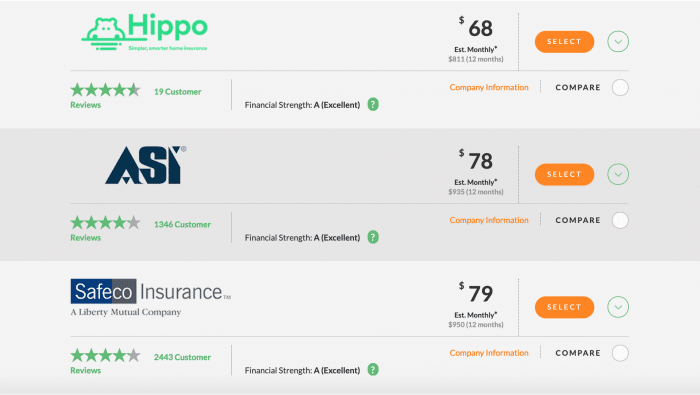
Self-funded insurance is becoming a popular choice for employers looking to regain some control over their employee benefits. These plans offer a good alternative to traditional health plans that are fully insured. They also have many advantages including lower administrative expenses, greater flexibility when designing the plan and more financial accountability.
What Is A Self Insured Medical Plan?
A self insured health program is an arrangement whereby the employer pays claims to healthcare providers using both its own funds as well as enrollee contributions. These funds are deposited into an escrow account for the payment of claims. The employer typically works with a knowledgeable broker or third-party administrator (TPA) to manage the process and help ensure the plan is properly designed for its employees and the business's budget.
What is a Self-Funded Insurance Plan (SFIP)?
A selffunded insurance plan uses the money of an employer to pay for medical services. This is a good option for smaller companies, since it allows them to manage their costs. You can use it to cover dependents of employees that do not have any other coverage options, like Medicare or Medicaid.

What is a Self-Funded Health Plan?
A health care plan that combines employee-sponsored self insurance with a group insurance contract with an independent carrier. It is common for the employer to contract with an outside TPA in order to handle the administration and management of the employee-sponsored self-insured elements, such as enrolling, processing claims, and drafting the network.
The employer's administrative costs are largely comparable to those of a fully-insured plan. Self-funded claims will be billed on a monthly basis, not annually as with fully insured claims. These monthly expenses include administrative costs, stop-loss coverage and the variable cost associated with healthcare.
Shock Claims are a Real Risk in Self-Funding
As the name suggests, shock claims are catastrophic claims that are large enough to derail a self-funded plan. The cost of a single person's medical treatment can easily reach half a mil for several years. The financial impact of shock claims on an employer can be significant, as they drain reserves and can cause negative cash flow.
Understanding Self-Funded Health Insurance
Self-funded medical plans may offer many benefits but they aren't for everyone. All employers are concerned with the risk of high claims costs. Before selecting a health plan, it's important to carefully weigh both pros and cons.

With a self-funded plan, the employer can choose the best benefits package for the workforce. This reduces costs and improves employee wellbeing. Also, it allows employers to take a more active role in population management initiatives such as programs for weight loss or quitting smoking. This is a good option for smaller and mid-sized business that wants to control the health costs of their employees while encouraging healthy behaviours and increasing quality care for their workers.